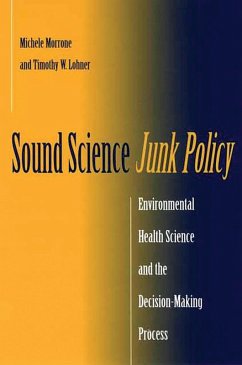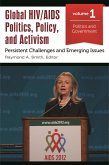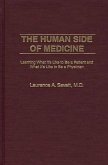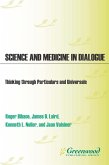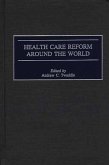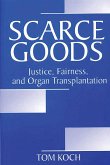Morrone and Lohner assert that sound science is often misinterpreted, which leads to questionable policy decisions. This provocative look at environmental policymaking shows the importance of correctly interpreting science, and examines the full implications of using science as the major criterion in the decision-making process.
Contemporary critics often argue that environmental policy problems are rooted in junk science. Yet Morrone and Lohner assert that many cases are based on sound science that is misinterpreted, which leads to questionable policy decisions. Revealing the way science is used in the environmental decision-making process, the authors illustrate how policies can go awry.
Their combined experience in the public and private sectors is buttressed by a series of case studies, including:
.Air pollution
.Solid and hazardous waste management
.Food protection
.Vectors and their diseases
.Drinking water safety
This provocative look at environmental policymaking shows the importance of correctly interpreting science, and examines the full implications of using science as the major criterion in the decision-making process.
Contemporary critics often argue that environmental policy problems are rooted in junk science. Yet Morrone and Lohner assert that many cases are based on sound science that is misinterpreted, which leads to questionable policy decisions. Revealing the way science is used in the environmental decision-making process, the authors illustrate how policies can go awry.
Their combined experience in the public and private sectors is buttressed by a series of case studies, including:
.Air pollution
.Solid and hazardous waste management
.Food protection
.Vectors and their diseases
.Drinking water safety
This provocative look at environmental policymaking shows the importance of correctly interpreting science, and examines the full implications of using science as the major criterion in the decision-making process.

